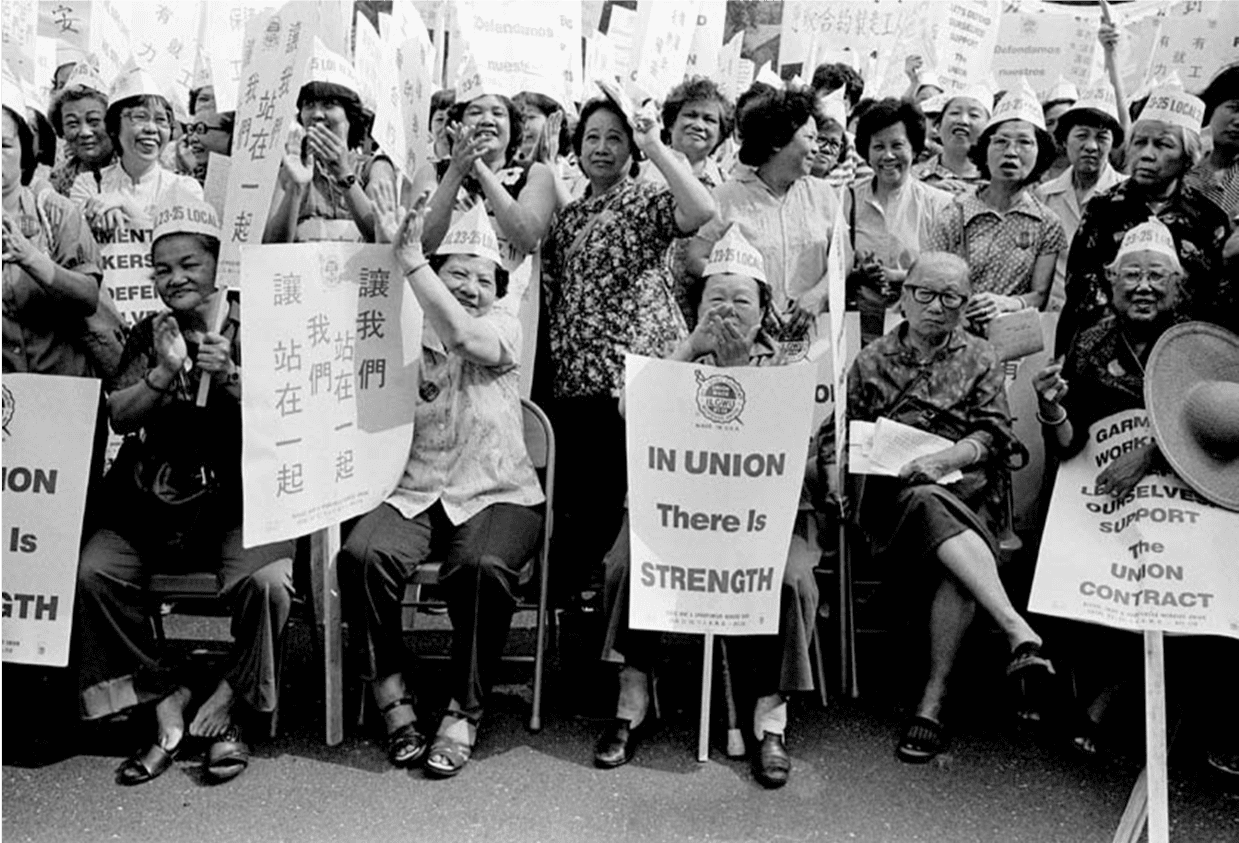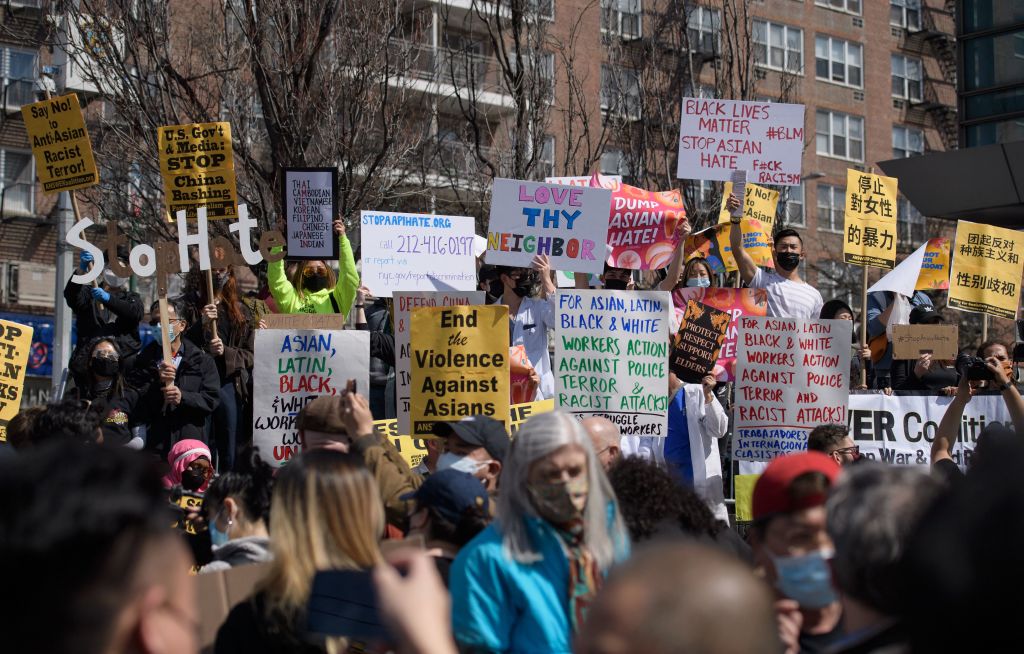How A Strike Organized By Asian Americans Impacted Three Decades Of Labor Action
20,000 garment workers, mostly Chinese immigrant women, marched through New York City’s Chinatown on June 24, 1982, demanding fair salaries, benefits, and improved working conditions from their employers. In Columbus Park, city council members and organizers gave impassioned speeches when the workers arrived. the speeches called for the newly amended International Ladies’ Garment Workers Union (ILGWU) contract to be signed by employers.


Chinese employers hurried to sign one by one, and by early afternoon, every factory had accepted, signalling a significant victory for Chinatown garment workers. The strike is still remembered as one of the greatest rallies in Chinatown’s history over two decades later.


The strike’s success, on the other hand, has been disregarded, or at best, forgotten by the public imagination, according to May Chen, one of the strike’s key ILGWU organizers. Asian Americans received minimal media attention at the period, making Asian American-led movements go unnoticed until recent years.
While the garment business in Chinatown is now almost non-existent, the lessons learnt during the 1982 strike are all still relevant. In California, workers in the garment industry are continuing to organize for fair pay and safe working conditions, much as the activists who led the 1982 strike. The Garment Workers Protection Act (GWPA or SB-62) was presented by California state Senator Maria Elena Durazo to replace the rate-per-piece structure with a minimum hourly pay and make employers liable for workplace harassment. The GWPA cleared the Senate Judiciary Committee in April with the help other stakeholders, bringing it one step closer to changing the lives of countless of garment workers.
